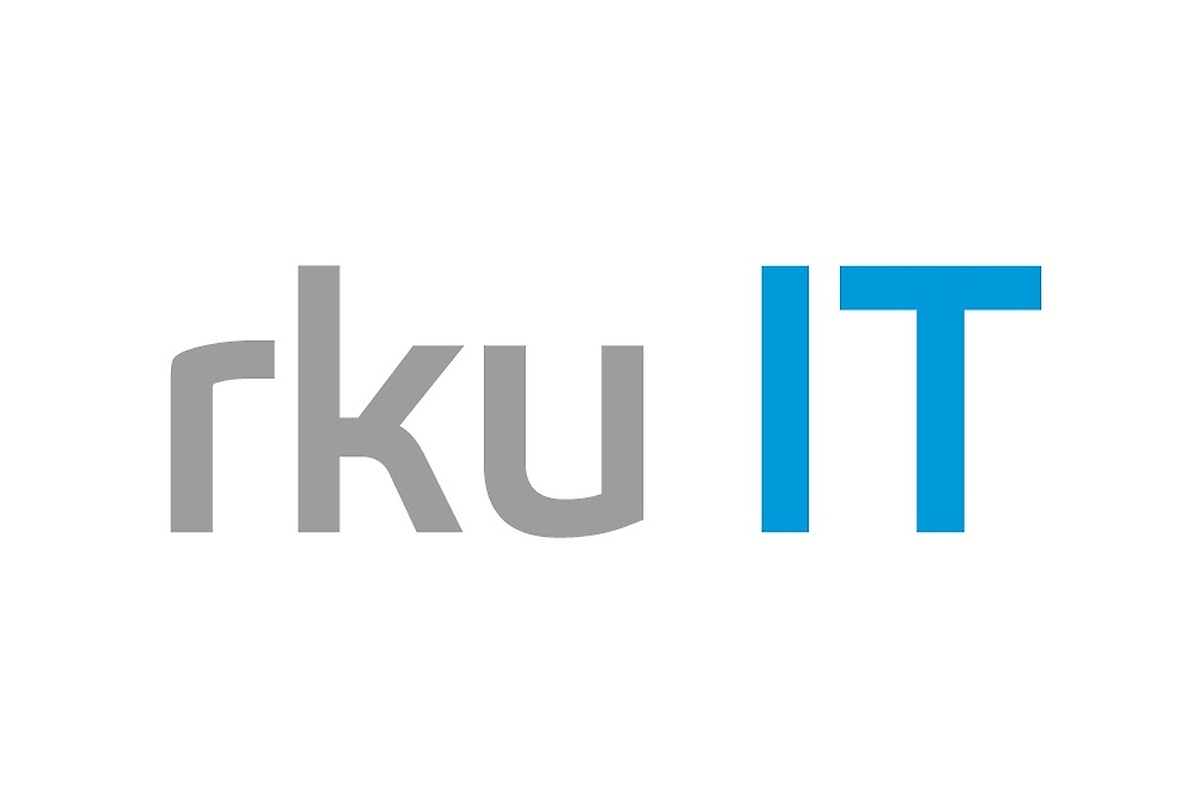More than ever, energy suppliers and municipal utilities are facing the challenge of implementing the digital transformation of their system landscape in particular in a timely manner. The aim is to secure long-term competitiveness, increase customer satisfaction and meet changing market conditions. Regulatory implementation requirements, the need to increase efficiency in processes and network management issues are also increasingly at the centre of system implementation projects. To summarise, it can be said that the following market implications require a timely start to a corresponding implementation project:
- Competition: The energy industry is exposed to constantly growing competition, whether from other established energy suppliers or from new, innovative providers. In order to remain competitive, municipal utilities may need to improve their services, develop innovative offerings or adjust their prices.
- Customer requirements: Customer expectations are constantly changing. Customers are increasingly demanding sustainable and environmentally friendly energy options, improved customer service and the seamless integration of digital technologies. Municipal utilities must respond to these needs in order to maintain or increase customer satisfaction.
- Regulatory requirements: The energy sector is subject to a variety of regulations and guidelines that can change constantly. New regulatory requirements may necessitate investments in infrastructure, renewable energy or energy efficiency in order to fulfil legal requirements.
- Technological innovations: The continuous development of new technologies such as renewable energy, smart grids and energy efficiency measures is changing the system landscape of energy suppliers in particular. Utilities may need to invest in new technologies to remain competitive and keep up with the pace of innovation.
- Market changes: Changes in energy demand, price fluctuations, geopolitical events or natural disasters can have a significant impact on the market situation. Municipal utilities must be able to react flexibly to such changes and adapt their strategies accordingly.



